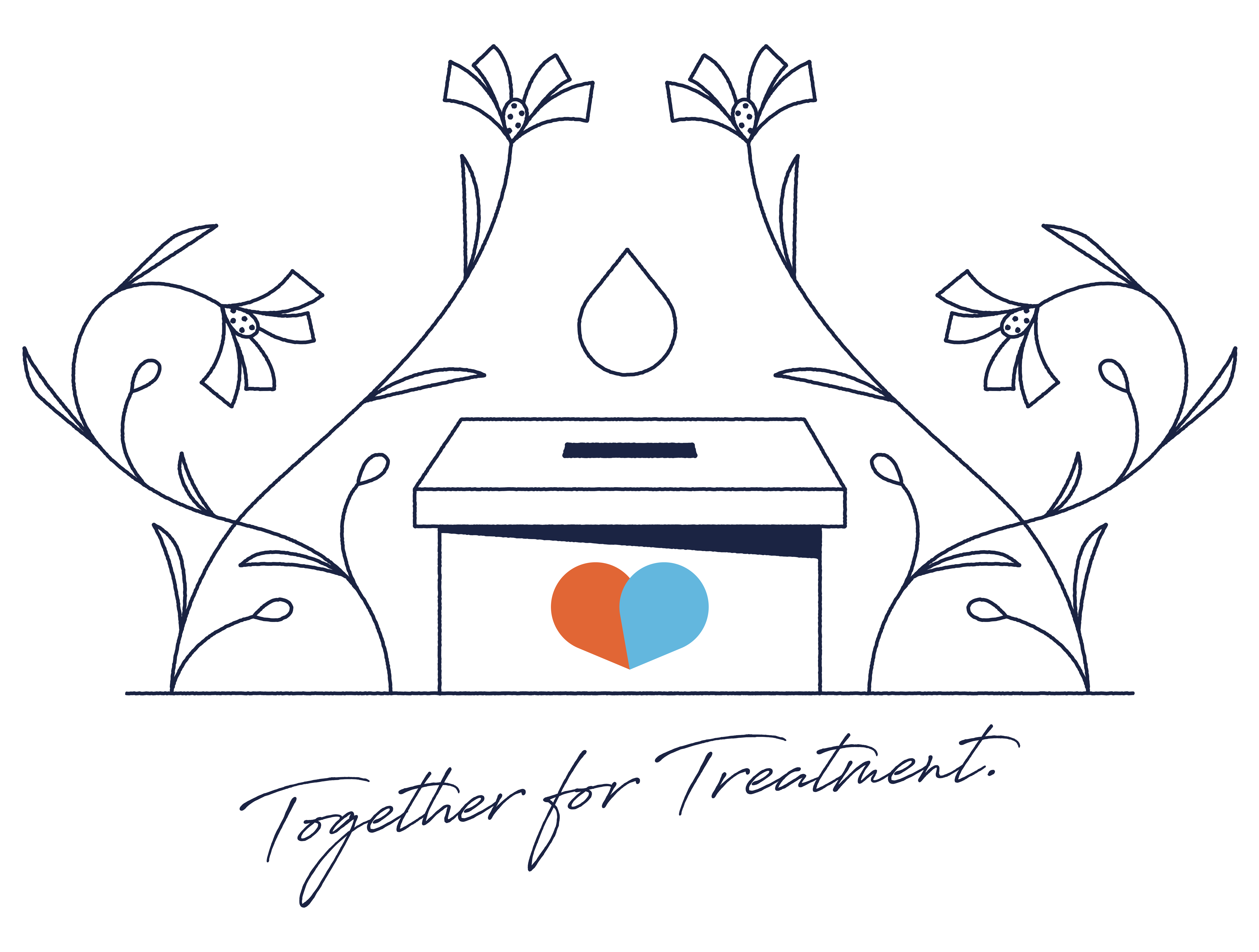State Legislative Sessions Underway
The patient advocacy community ended 2023 with 19 states and Puerto Rico having protections against copay accumulator programs, 35 states with step therapy protections, and 15 states with protections against mid-year formulary changes. Already a month into 2024, state legislative sessions are well underway with state lawmakers assessing bills that will impact infusion patients. The Infusion Access Foundation Advocacy Team is tracking all 50 states for relevant legislation, including those that protect copay assistance.

Florida
The 2024 Florida Legislative Session convened on January 9 and with only 60 days in session, the session will conclude on March 8, 2024. This session, lawmakers are considering legislation that will lower medication costs for Floridians, increase access, reform the rebate system, and streamline utilization management systems. Senate Bill 228 and House Bill 363 are the House and Senate versions of Florida’s “All Copays Count” bills. Thousands of Floridians with chronic conditions rely on copay assistance, like copay cards, to assist with out-of-pocket expenses. Currently, insurers and PBMs in the state can still use copay accumulators and maximizers to prevent assistance from counting toward the patients’ cost sharing requirements, like annual deductibles, copays and other out-of-pocket costs. SB 228/HB 363 would require insurers and PBMs to apply payments of prescription drugs by or on behalf of insureds (patients) toward total contributions of the patients’ cost-sharing requirements. However, there is a caveat, this requirement only applies under certain circumstances. The first being that the drug does not have a generic equivalent. Luckily, a patient can still be protected if their drug does have a generic equivalent, and they have obtained prior authorization. You can read the full bill text here.
SB 228 has been referred to the Senate Banking and Insurance Committee and HB 3636 has been referred to the Select Committee on Health Innovation. Given that neither bill is scheduled for a hearing, it’s important that patient advocates speak up about the need for this legislation. Send a letter to your Florida reps by using the Infusion Access Foundation’s action center here. If you have experience using copay assistance and live in Florida, please reach out to us at advocacy@infusionaccessfoundation.org.

New Hampshire
Moving all the way up to New England, New Hampshire lawmakers are considering a similar bill that would also require insurers and PBMs to count any payment made by or on behalf of a patient to count toward that patient’s cost-sharing requirements. Similar to the Florida bill, SB 354 has a caveat. The bill states that the protections do not apply “for health savings account-qualified high deductible health plans if application of the requirement would result in account ineligibility under the Internal Revenue Code.” You can read the full text here. SB 354 had a hearing on January 24. Ahead of which, a number of our New Hampshire advocates sent letters asking the Senate Health and Human Services Committee for their support. If you missed your opportunity to send a letter before the hearing, it’s not too late. Send a letter of support to your representatives encouraging them to pass the bill in a full House and Senate vote here.

Massachusetts
In Massachusetts, Senate Bill 609 and House Bill 953 are the two bills slated to protect patients against copay accumulator programs. The bill language states that any payment made by a plan enrollee (i.e., patient), whether that is by the enrollee or someone else, must be applied in full at the time it is rendered, and all of it must be counted toward the enrollee’s out-of-pocket costs, deductible, cost sharing or similar obligation. The bill also addresses a recent loophole identified by insurers regarding Essential Health Benefits. It notes that when calculating an enrollee’s contribution to the annual limitation on cost sharing set by U.S. federal law, “an insurer shall include expenditures for any health care service covered by the enrollee’s health plan and included within a category of essential health benefits.” The full text can be found here.
On February 7, the bills were reported favorably out of the Joint Committee on Financial Services. The Infusion Access Foundation team is grateful to all members of the Joint Financial Services Committee for voting to protect patients. We encourage any patient champion living in Massachusetts to express their gratitude to the committee members on social media and to send a letter to their representatives asking for their continued support of the bills here.

Maryland
Maryland’s “all copays count” bill language requires insurers and PBMs “to include certain cost sharing amounts paid by or on behalf of an enrollee or a beneficiary when calculating the enrollee’s or beneficiary’s contribution to a cost sharing requirement.” However, for patients with high deductible health plans, the patient must satisfy the minimum deductible pursuant to the Internal Revenue Code. The full bill language can be accessed here. Maryland’s Senate Bill 595 (HB 879) will have a hearing on Wednesday, February 28 at 1 pm. The Infusion Access Foundation is looking for volunteers to testify as well as residents that will send letters to their lawmakers ahead of the hearing. You can complete the latter by using this link. And, if you are interested in testifying, please email us at advocacy@infusionaccessfoundation.org.








